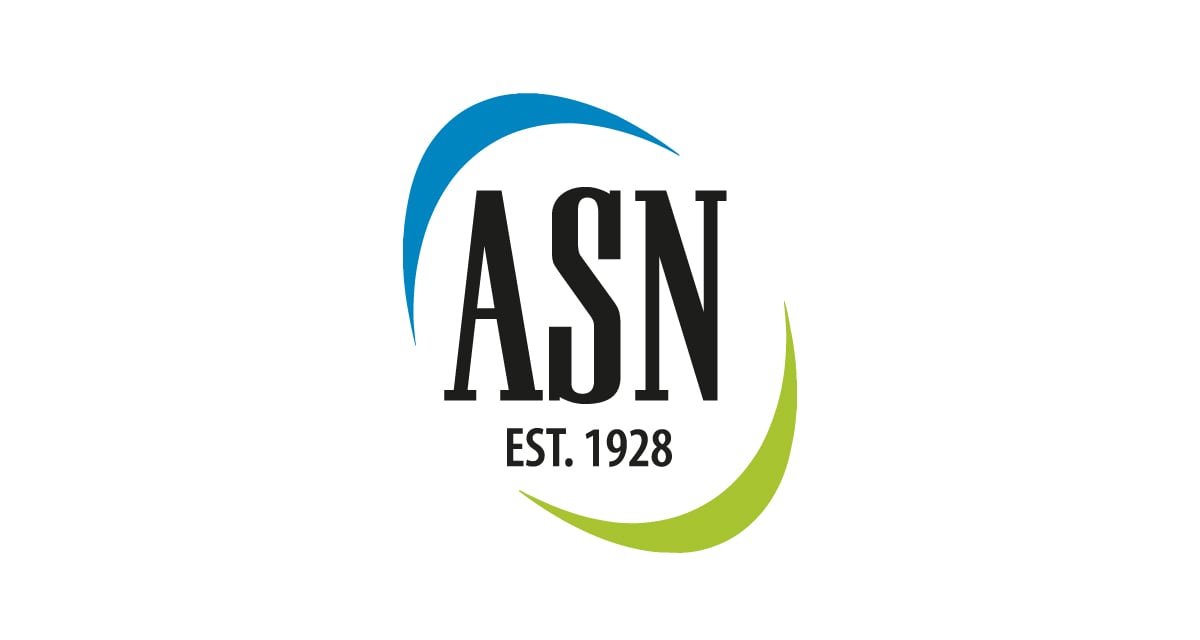By Chris Radlicz
Marion Nestle, PhD, MPH is Paulette Goddard Professor in the Department of Nutrition, Food Studies, and Public Health at New York University, which she has chaired from 1988-2003. Additionally, she is Professor of Sociology at NYU and Visiting Professor of Nutritional Sciences at Cornell. Dr. Nestle earned her PhD in molecular biology and MPH from University of California, Berkeley. Her research examines scientific and socioeconomic influences on food choice, obesity, and food safety, with an emphasis on the role of food marketing. She is the author of several prize-winning books, and in her latest, Soda Politics: Taking on Big Soda (and Winning), Dr. Nestle provides insight on the soda industries tactics to gain consumers and addresses what is now working in the fight against ‘Big Soda’. I recently had the opportunity to ask Dr. Nestle some questions relevant to her newest book.
1. How has your background in molecular biology lead you to your career interest in public health, and particularly food politics?
The direct story is that I was teaching undergraduate molecular and cell biology in the Biology Department at Brandeis University and was assigned a nutrition course to teach. Undergraduate biology majors wanted a course in human biology and it was my turn to take one on. From the first day I started preparing that course, it was like falling in love. I’ve never looked back. Politics was in the course from day one. It’s not possible to understand how people eat without understanding the social, economic, and political environment of food marketing and food choice.
2. What lead you to write your newest book, “Soda Politics: Taking on Big Soda (and Winning)”?
I’ve been writing about soda marketing since the late 1990s when I learned about “pouring rights” contracts–soda company arrangements with educational institutions for exclusive sale of their brand. These started with colleges but had just gotten to elementary schools when I learned about them. Since then, I’ve followed Coke and Pepsi marketing with great interest. I teach food politics and food advocacy at NYU and was well aware of all the advocacy groups working to reduce soda intake as a public health measure. When my agent suggested that I ought to write a book about sodas, it seemed like a terrific idea to encourage readers to engage in advocacy for healthier food systems. Sodas are a good example of how to do this.
3. The title is provocative. Why do you say that those taking on ‘Big Soda’ are in fact ‘winning’?
That’s the best part. Soda sales are way down in the United States. The soda industry thinks public health advocacy is responsible, and who am I to argue?
4. What has influenced the slow but successful decline in soda consumption seen today?
Excellent public health advocacy. Think of New York City’s poster campaigns over the last four or five years. These illustrated the amount of sugar in sodas and how far you would have to walk to work off the calories in one vending machine soda
5. The Coca-Cola funded non-profit, “Global Energy Balance Network”, recently shut its doors. Do you think this is evidence of gaining momentum?
Reporters from the New York Times and the Associated Press were shocked to discover that Coca-Cola was funding university research to demonstrate that physical activity is more effective than eating healthfully in preventing weight gain. This idea is patently false. Investigations revealed that the researchers worked closely with Coca-Cola executives to craft the research, conduct it, interpret it, publish it, and present it at meetings. This too seemed shocking. Now Coca-Cola is scrutinizing who it supports and many organizations know they need to be more careful to avoid such conflicts of interest.
6. In what ways do you see parallels in tactics used by ‘Big Soda’ and those previously used by cigarette companies in defending their respective products?
Soda is not tobacco but the tactics sure look similar. The soda industry follows the tobacco industry’s playbook to the letter. It too attacks inconvenient science, buys loyalty, funds front groups, lobbies behind the scenes to get what it wants, and spends fortunes to oppose public health measure that might reduce soda intake.
7. Where can people follow your current work and get involved in this fight against ‘Big Soda’?
I write an (almost) daily blog at www.foodpolitics.com where I cover such issues. Soda Politics has an Appendix that lists the principal advocacy groups working on soda issues and provides links to their websites. It’s easy to get involved in food advocacy and well worth the time.



